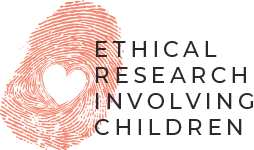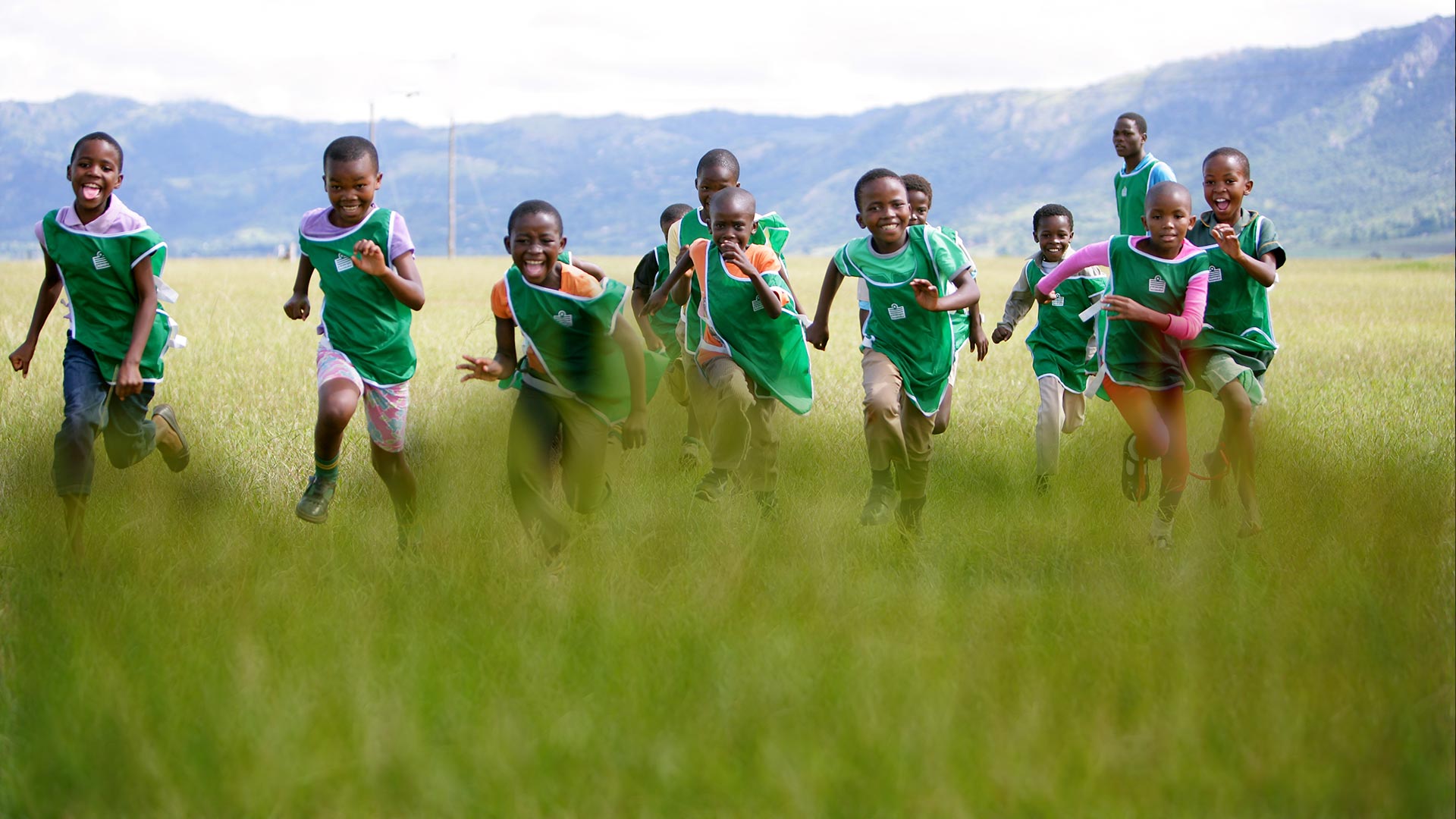Research with disadvantaged, vulnerable and/or marginalised adolescents.
Auerswald, C. L., Piatt, A. A., & Mirzazadeh, A. (2017). Research with disadvantaged, vulnerable and/or marginalised adolescents. Florence: UNICEF, Office of Research – Innocenti.
Abstract:
Disadvantaged, vulnerable and/or marginalized adolescents (DVMAs) are individuals aged 10–19, who are excluded from social, economic and/or educational opportunities enjoyed by other adolescents in their community due to numerous factors beyond their control. This brief summarizes the health and well-being inequities experienced by DVMAs and the need for research with this group. It reviews the challenges and barriers to their inclusion in research; shares practical implications and best practices for their inclusion in research; and addresses ethical challenges and approaches to research with DVMAs.
The brief is one of seven on research methodologies designed to expand and improve the conduct and interpretation of research on adolescent health and well-being in low- and middle-income countries (LMICs). Building on the recent Lancet Commission on Adolescent Health and Wellbeing, these briefs provide an overview of the methodological quality of research on adolescents. They cover topics including: indicators and data sources; research ethics; research with disadvantaged, vulnerable and/or marginalized populations; participatory research; measuring enabling and protective systems for adolescent health; and economic strengthening interventions for improving adolescent well-being.
Open AccessPost a Comment
You must be logged in to post a comment.


